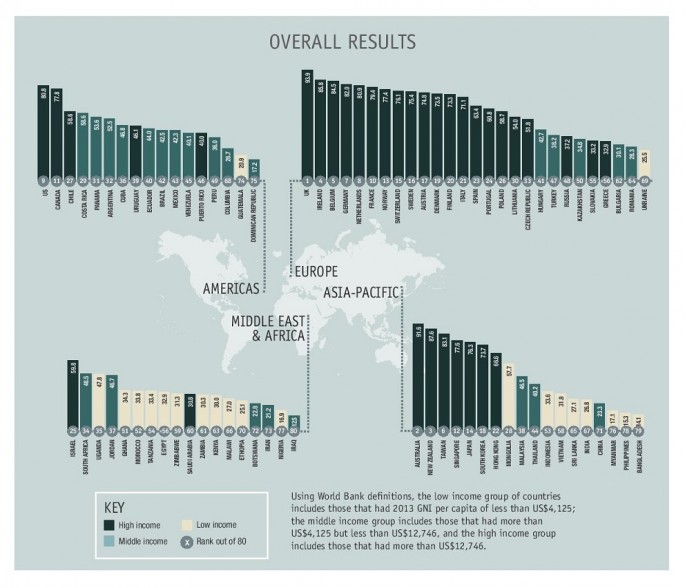Death is inevitable and even if we do not think about it in our waking life, this new report can give an idea where is the best and worst places to die today, which may somehow provide peace of mind for those who are now contemplating about death.
This new report is published by the Economist Intelligence Unit that involves a list of 80 countries all over the world indicating an evaluation of their palliative care services. Also known as the Quality of Death Index, this report also ranks many nations and their quality of palliative care and assistance along with their hospice services.
The results reveal that the United Kingdom is the best country when it comes to palliative care in the world, indicating a strong hospice care system along with the efforts of the National Health Service. The top ten nations are taken by wealthy, first world countries from the West that includes the United States, Ireland, Germany and the Netherlands. In addition, only two Asian countries belong to the top ten which is Taiwan and New Zealand.
The World Health Organization describes palliative care as the total of treatments that are meant to improve health and the overall quality of life of people who are suffering life threatening diseases. These services focuses on active and compassionate therapies which aims to provide comfort before these patients pass away.
On the other hand, countries such as India, China, Mexico, Brazil and Uganda rank as the lowest in this report which means that these are the worst places to die in the world today. The main cause is due to the sheer lack of palliative care services and medicine resources, meaning that these nations lack physicians. The report also reveals how there is only one trained professional for every 1,200 patients stricken with terminal diseases.
The report ultimately summarizes how much of the world's regions are still characterized by poor or subpar palliative care since only 34 nations out of 80 have scored an above average health system that are dedicated to patients who are already in their deathbeds.



























